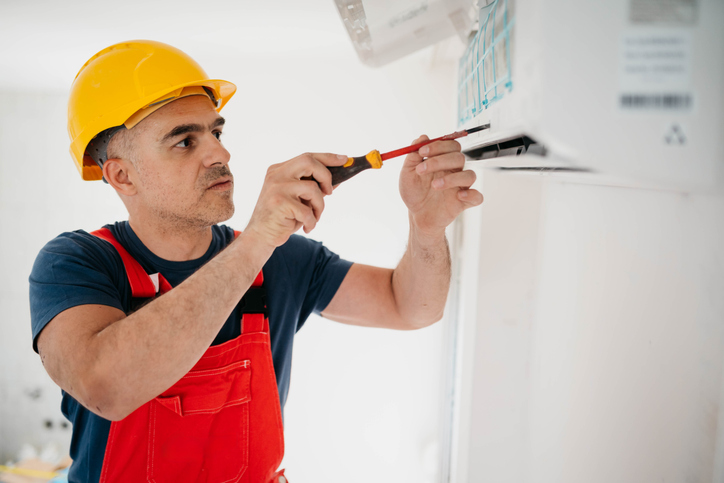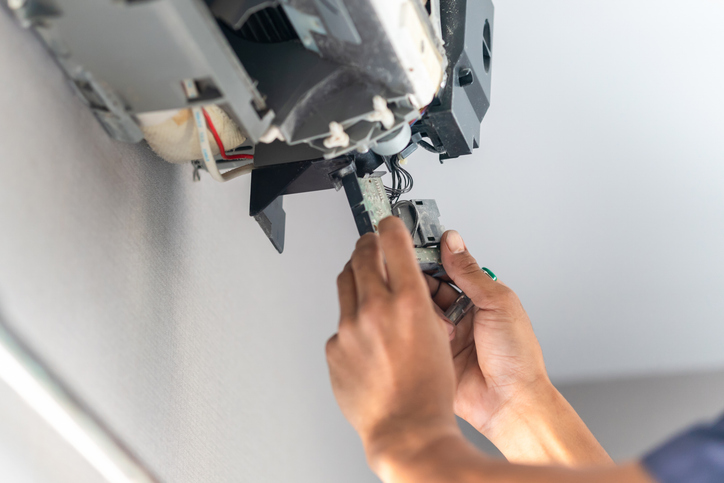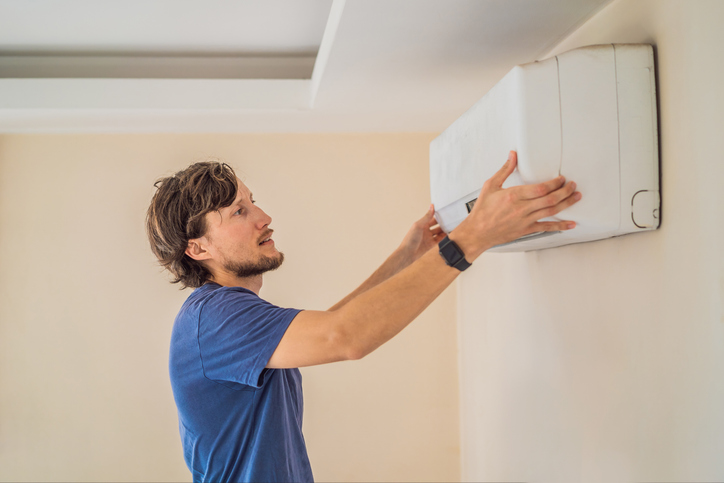Introduction
Air conditioning systems are supposed to work quietly in the background, delivering comfort without drawing attention. When strange noises begin to emerge—grinding, buzzing, clicking, or banging—it’s often a sign that something is wrong. These sounds aren’t just annoying; they’re warnings. Left unaddressed, what starts as a minor noise can escalate into a major breakdown. From loose parts and worn bearings to clogged fans or failing capacitors, each sound offers a clue about what’s happening inside the unit. Professional AC repair services help decode these signals and prevent more serious problems from developing. If your AC is making noise, it’s not just a nuisance—it’s a message worth investigating.
How AC Repair Solves Common Noisy Unit Problems
1. Recognizing the Most Common AC Noises and Their Causes
Different sounds often mean different issues, and knowing what to listen for helps identify the problem early. A loud banging might indicate a broken or unbalanced blower motor. Clicking sounds during startup or shutdown could signal an issue with the relay or thermostat. Buzzing noises might point to electrical problems, such as a failing capacitor or contactor. Grinding or squealing often comes from worn-out bearings in the motor or fan assembly. Each of these sounds reflects wear, electrical faults, or airflow obstructions, and ignoring them can lead to more serious failures.
2. Why Noises Get Louder Over Time If Left Unchecked
What begins as a faint rattle or hum can quickly grow louder. This happens as small mechanical issues worsen with continued use. A loose screw today can turn into a damaged motor housing by next month. Misaligned fan blades may eventually snap and damage internal components. Electrical buzzing may stem from faulty wiring that could overheat or short-circuit. The longer the system runs with unresolved problems, the more stress it places on connected parts. AC tune-up technicians inspect these early signs and replace worn components to stop this gradual decline. Addressing minor problems quickly keeps systems running quietly and efficiently.
3. The Role of AC Service in Preventing Further Damage
Noise is often the first sign of trouble, but a full inspection reveals what’s really going on. During a service call, technicians open the unit, examine the motor, fan, capacitor, and electrical panels. They test voltage flow, check motor bearings, and clean blocked condensate lines or coils that can strain the system. If the compressor is straining or a relay is sticking, they’ll catch it before it fails. By restoring proper function, AC restoration not only quiets the noise but also protects other parts of the unit from being overworked. This saves money in the long term by avoiding AC replacement.
4. When Replacement Is the Better Option Than Repair
In some cases, a noisy unit might indicate that the system is at the end of its life. If the compressor fails repeatedly, or if parts like the blower motor, control board, and capacitor all show signs of wear, it may be time to consider a new AC installation. Continuing to repair an old unit can add up quickly with diminishing returns. An honest AC service assessment helps homeowners make informed decisions by comparing the cost of repair to that of a new system. Upgrading to a more efficient model may reduce monthly energy bills and deliver quieter, more reliable performance in the long term.
5. Tips for Preventing AC Noise Problems in the Future
Most noise issues begin with simple wear and tear. That’s why scheduled AC maintenance is key to a quieter AC experience. Regular servicing includes lubricating moving parts, cleaning fan blades, tightening electrical connections, and testing system response. Filters should be changed monthly during heavy use to reduce stress on the blower. Keep vents open and unblocked so air can move freely. Scheduling inspections before summer and winter helps detect noise-producing issues early. Working with a reliable AC restoration team ensures ongoing care and quick fixes for emerging problems, keeping things quiet year-round.
A noisy air conditioner is more than just a minor disturbance—it’s often an early warning that your system needs attention. Each sound can signal something different, from electrical faults and loose parts to airflow restrictions and worn bearings. Catching these problems early is critical to preventing bigger repairs down the line. Professional AC repair provides the diagnostics and fixes needed to restore both comfort and quiet. Don’t ignore your system’s sounds—listening closely and acting quickly can extend your AC’s lifespan, improve efficiency, and help you avoid surprise breakdowns. Trust your ears and trust your technician—they’re both telling you something important.
Conclusion
Are you hearing odd sounds from your cooling system? Trust RMR Air Conditioning for expert AC repair that restores quiet performance and prevents costly future damage. Connect with us at (813) 778-3993 for any inquiries!
📌Your Local Comfort Experts—RMR Air Conditioning Has You Covered With Fast, Reliable Heating & AC!






